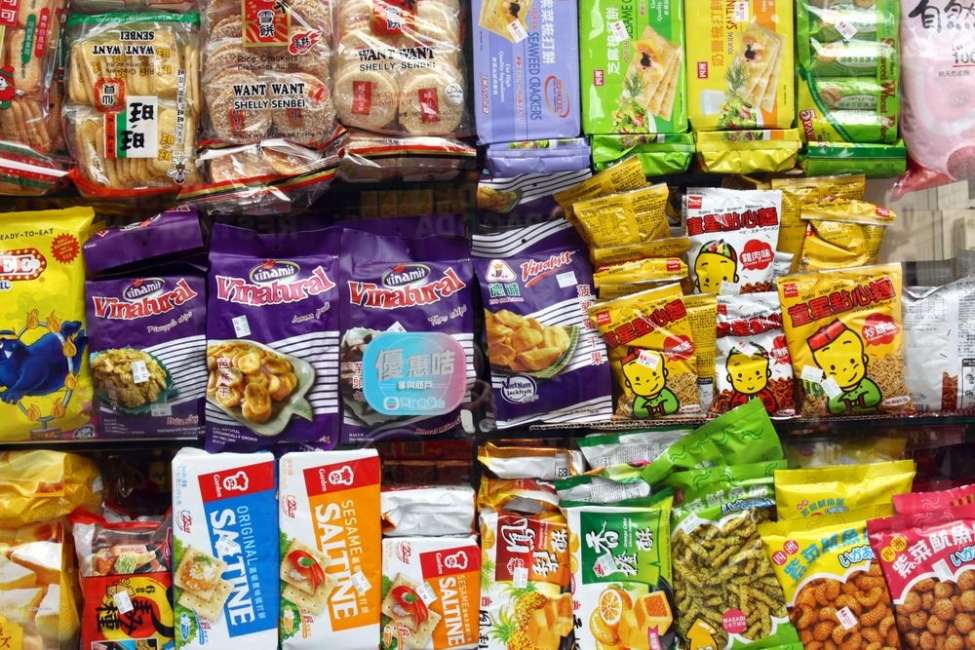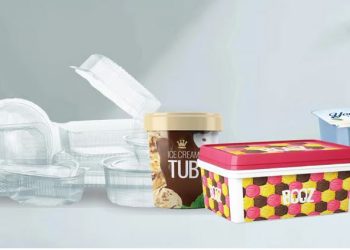New Delhi: Economic slump, salary cuts and job losses are making Indian consumers of packaged foods and personal care products frugal, leading to an increase in their propensity to purchase low-value packs.
Fast-moving consumer goods firms that saw shoppers hoard large packs of staples and home care products during the first phase of India’s lockdown, said they are now anticipating consumers will downtrade.
Adani Wilmar, the maker of edible oils and packaged goods under the Fortune brand, said more people are buying smaller packs as demand for bulk packs has declined sharply. “Our ratio of consumer packs and bulk packs has changed from 65-35 earlier to 85-15 now. This is because we are seeing more people buying smaller packs, and also because restaurants and hotels are closed,” Angshu Mallick, deputy CEO, Adani Wilmar Limited, said. The company that sells packaged flour, among other food, said consumer packs or those up to 5 kg are witnessing more demand.
In an interview to Mint, Grofers co-founder and CEO Albinder Dhindsa said that there are early signs that the consumption slowdown is going to be extreme. “People are buying smaller packs and private labels that are cheaper.”
Sunil Kataria, CEO, India and SAARC, Godrej Consumer Products Limited, agreed: “The pandemic has significantly impacted the economy, which will affect consumer spending. In rural areas, we are likely to see an increase in demand due to the reverse migration of workers and their families. Affordable, low-value packs will be a big draw for consumers in rural areas.” GCPL sells hair colour, soaps and mosquito repellents.
In a video call with reporters, Suresh Narayanan, chairman and managing director, Nestlé India, said there will be opportunity for popularly priced products as a result of some downtrading in semi-urban and rural markets. “You will start seeing smaller packs starting to do better,” he said.
In a post-earnings call last month, packaged consumer goods company Marico Ltd said that while its Saffola cooking oil registered strong growth during the quarter as consumers cooked more at home during the lockdown, its discretionary portfolio of personal care products—male grooming, serums and hair care—was affected as consumers prioritized items of daily use in the days leading to the lockdown.
As a result, Marico’s managing director Saugata Gupta said the company is “mulling over a low-value small package strategy to allow consumers to access some of these offerings (in personal care) in a slow economic environment along with focusing on e-commerce and chemists channels to drive consumption at the top end.” This could also prompt the company to put more weight behind its portfolio of essential brands.
A sharp dip in employment rates and salary cuts are likely to make shoppers re-prioritize their monthly household expenses. This, said BCG in a report released earlier this month, could lead to consumers going easy on spending on non-essential items such as personal care products, apparel and appliances while continuing their spending on staples and household products.
Consequently, categories such as cosmetics, makeup and perfumes could see a net decrease in spending. “One in three consumers is likely to trade down for discretionary categories,” BCG said.
Kavita Angre, chief of consumer, marketing insights and media at L’Oréal India, agreed. “In FMCG, a lot of the ‘want’ or discretionary categories could get impacted, while ‘need’ categories will still see demand. Moreover, downtrading could happen, that is, consumers will shift to cheaper brands. Depending on the depth of the economic stress, we think this could happen.”
“I think all companies will have to keep an eye on the downtrading trend and see how they can manage with more accessible brands. As cash outlay becomes important, companies will have to look across their pricing ladder to see how they can make more accessible SKUs available in the market,” she said.
However, Kataria added that in urban areas, “we can see an uptick in demand for larger packs as consumers will continue to reduce their shopping trips or will purchase more stock as a precautionary measure.”
Innovative, affordable and good quality products that are available in multiple formats are likely to gain demand as consumers increase their consumption of hygiene products, Kataria said.
Source : https://www-livemint-com.cdn.ampproject.org/c/s/www.livemint.com/industry/retail/fmcg-firms-say-consumers-downtrading-turning-to-value-packs/amp-11589879062290.html
Packaging 360 is a comprehensive knowledge sharing ecosystem for the Indian packaging industry. Our services include an online content platform to deliver news, insights and case studies; organising conferences seminars and customised training; Providing Bespoke Project Consulting, Market Research and Intelligence.







